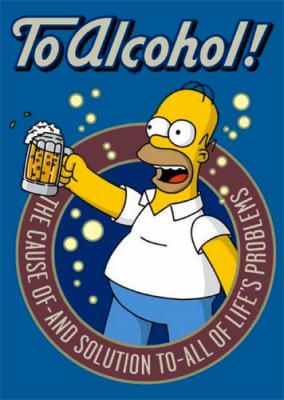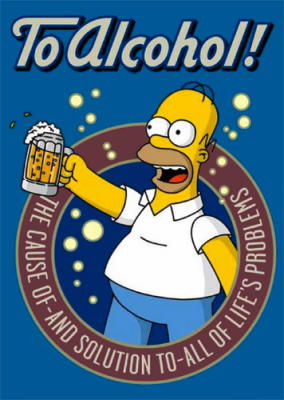
Are Mouthwashes Containing Alcohol Good for Long Term Use?
 There is a growing trend of oral health companies moving away from alcohol containing mouthwashes. This change is occurring for two big reasons: the impact of alcohol on salivary flow is becoming more of a concern, and the association between alcohol consumption and certain cancers has raised eyebrows about a potential link with mouth rinses as well.
There is a growing trend of oral health companies moving away from alcohol containing mouthwashes. This change is occurring for two big reasons: the impact of alcohol on salivary flow is becoming more of a concern, and the association between alcohol consumption and certain cancers has raised eyebrows about a potential link with mouth rinses as well.
Alcoholic Mouthwashes & Dry Mouth
Alcohol-free mouthwashes have long been the go to oral rinses for patients with dry mouth or xerostomia because of alcohol’s drying effect on the mouth, but now that the relationship of salivary flow to tooth decay has been more studied this recommendation has expanded beyond patients with just dry mouth. Additionally, there are more people and patients with compromised salivary flow today due to the increasing number of commonly prescribed medications for the young and old that cause dry mouth.
Alcohol & Oral Cancer
The proposed mechanism for alcohol’s role in an increased risk for oral cancer has to do with acetaldehyde, which is the primary metabolic product of ethanol and has been shown to be mutagenic.
Originally, it was thought that because mouthwashes were not ingested metabolism of ethanol would not be an issue. However, experimental evidence has shown that oral microflora are capable of producing considerable quantities of acetaldehyde during social alcohol consumption.
Recently, some research has shown elevated levels of activity of alcohol dehydrogenase in a range of oral bacteria. The authors of this recent research have concluded that certain oral streptococci may contribute significantly to the normal individual variation of salivary acetaldehyde levels after alcohol drinking and thereby can have an impact on the risk of oral cancer. Interestingly, this may in fact be a mechanism that can explain an observed phenomena that individuals with poor oral hygiene have an increased risk of developing oral cancer. It is also one more reason why brushing before meals to remove bacteria is a good idea. The evidence isn’t overwhelming yet, which may be due to the wide variation in oral bacteria amongst people in different studies, but you can bet further research is being done.
Should I Choose an Alcohol-Free Mouth Rinse?
Alcohol is really only present as a solvent in mouth rinses to being with and is not the major antibacterial ingredient. When it comes down to it there aren’t any huge benefits to using a daily mouthwash that contains alcohol, there are only potential downsides. My advice is that if you are looking for a daily mouth rinse, choose one that is alcohol-free.